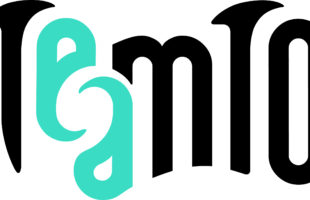If there’s one word that sums up the biggest trend in the TV industry of the past year it would be consolidation. It’s been on the front burner for a while but really stepped up the gas in the past 12 months, in the TV production and distribution sectors as well as in broadcast.
It has driven the headlines, obsessed the bean counters, distracted the creatives and formed the basis of every business plan, every indie prodco launch and every exit strategy ever dreamed up.
Read More about Event Highlights: Asia TV Forum Market (ATF) , Asian Television Awards 2016
But judging by historical and current market trends, one sense there’s more consolidation to come. Just like how the growth of cable and satellite companies in the previous decades drove new spurts of consolidation, as they tired of being simply ‘dumb pipes’ and tried to own the content that fed their then-new communications mediums, there are other companies waiting in
the wings from newer digital world looking to do likewise.
Whether it’s giants from the telecoms industry, from the global internet search sector or even consumer electronics, there is a whole new generation of companies that wants to own the content that drives consumers to buy its products or use its services.
Read More : Infocomm Media Footprint , Reaching the masses in APAC region , Securing the best shows is a risky business , Asia’s largest robust media market
And these firms are rather bigger than those in the TV sector. Take Vodafone in the U.K. in the mobile space, for instance. The sale of its stake in Verizon in 2015 gave it a windfall of US$130 billion. That’s billions. With that kind of money, it could easily buy Netflix (US$33 billion), CBS Corp (US$31billion), Viacom (US$29 billion) and still have change for, let’s see the entire U.K.television industry.
In fact, when you compare TV to some other digital industries, its tiny, despite its’ ‘content is king’ mantra. I will assume the global TV industry is worth something like US$475 billion, with the content sub-sector worth something like US$50 billion. But the global telecoms industry is worth US$5.7 trillion.
In fact, the telecoms industry makes more money on a long weekend than the TV business does all year, and the internet search industry equals the GDP of the Netherlands. So these firms are not eyeing TV for its revenues, more for the fact that its content can attract consumers to their own products and services.
So as the next year unfolds, maybe some of these global giants might make their TV moves, overhauling the entire industry as they do. You might see some of them sniffing around the next MIP, looking for some shiny television baubles to hang on to their own, far more lucrative industries.







